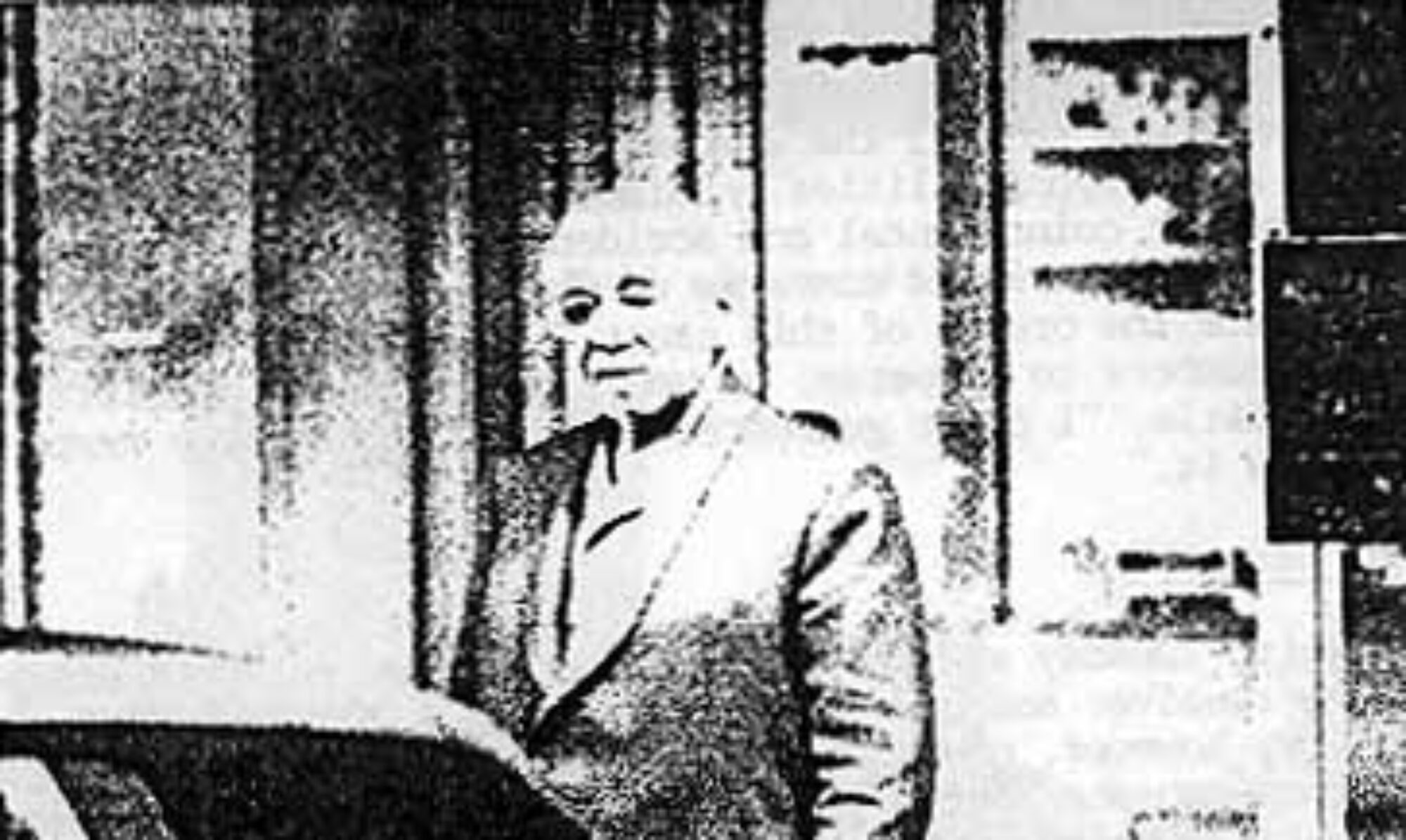Since Harry Eisenberg first submitted his controversial paper on tithing in mid-1973, the Worldwide Church of God’s doctrinal committee has received close to 50 papers and memos on the subject of tithing. The vast majority of these papers were zealously kept out of general circulation because they showed conclusively that the Worldwide Church of God’s tithing doctrine was full of specious reasoning and misapplied scriptures.
Below are the conclusions from three papers on tithing submitted to the doctrinal committee that the Worldwide Church of God ministers and members were never shown. The first excerpt is taken from “Is Tithing a Principle We Should Follow?” (written in March 1974):
“God will abundantly bless any church that steps out in faith and depends upon him for spiritual and monetary support, but he is not pleased with those who try to extort money on his behalf by causing people to live in fear of retaliation or of being disfellowshipped if they don’t give a minimal fixed amount to his church. Ministers who are serving God need not fear he will forsake them or their church and refuse to provide their daily bread! If he cares for the lilies of the field and for the birds of the air, how much more shall he care for his own children!”
The second excerpt is taken from the paper “I Corinthians 9 and Tithing,” written in July 1974 by a member of Ambassador College’s theology department:
“Alternative #3 is personally one which I do not want to face up to. It is somewhat frightening to think of going to a ‘volunteer’ system after we have relied on a tithing doctrine for a good portion of our income for so long. On the other hand, if it is decided that the New Testament does not teach or presuppose tithing, I frankly think this is the most responsible alternative. To try to teach a ‘principle of tithing’ from a general philosophy and Old Testament examples has its drawbacks. No one doubts everything belongs to God. But if clear examples or commands cannot be found in the New Testament, we would have serious problems of consistency in claiming to be the New Testament Church which Christ founded, based on the Bible with the revelation of God incomplete apart from the New Testament.
“The New Testament cannot be understood apart from its Old Testament background. The Old Testament is as fully inspired as the New. But if we judge tithing purely on the Old Testament, what in the world are we going to do about sewing fringes on our garments (Deut. 22:12)?”
The third excerpt is the conclusion to the paper “Christian Tithing,” written in August 1974:
“Without imputing motives or implying that no one has honestly faced the entire issue, I want to urge that everyone face the issue honestly. We must ask ourselves these questions:
“1. Is it possible we don’t want to admit that the pastors of the Associated Churches of God were right and in consequence tend to blind ourselves to the Bible facts about tithing?
“2. Is it possible that we don’t have the faith to believe God will support the Work in the style to which He wishes it to be accustomed without a tithe law imposed on the people?
“3. Is it possible that we don’t want to admit that years ago ‘we’ were ‘sold a bill of goods’ so to speak, and did not as we have prided ourselves really PROVE the doctrines we accepted?”
